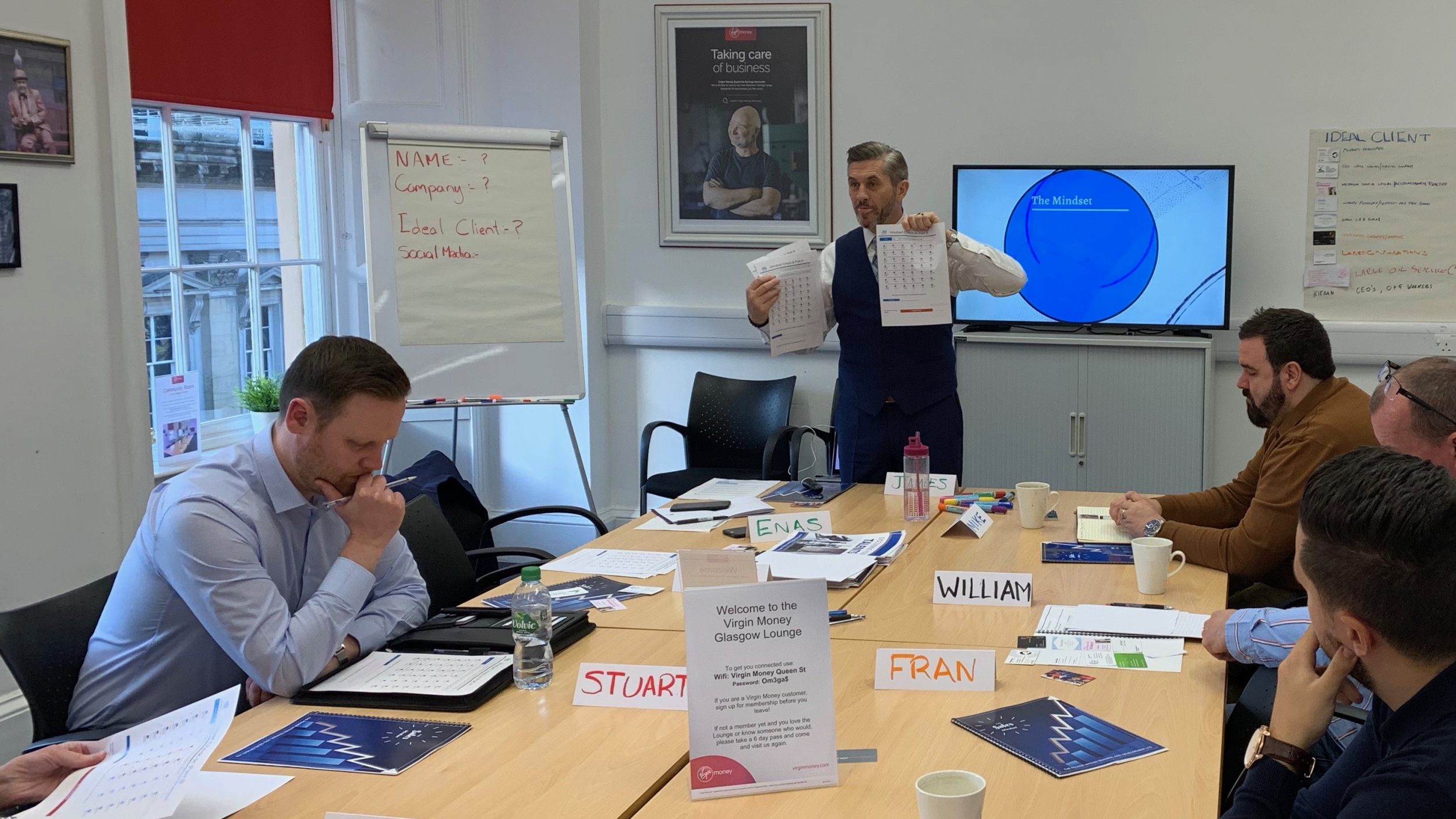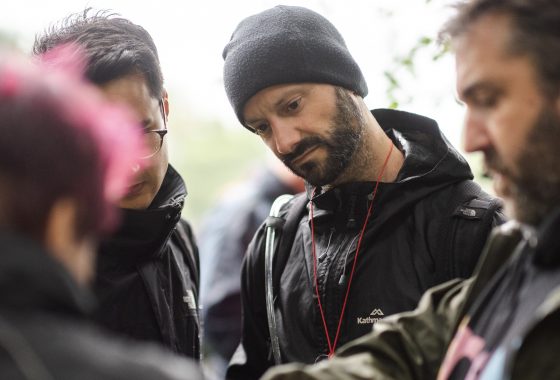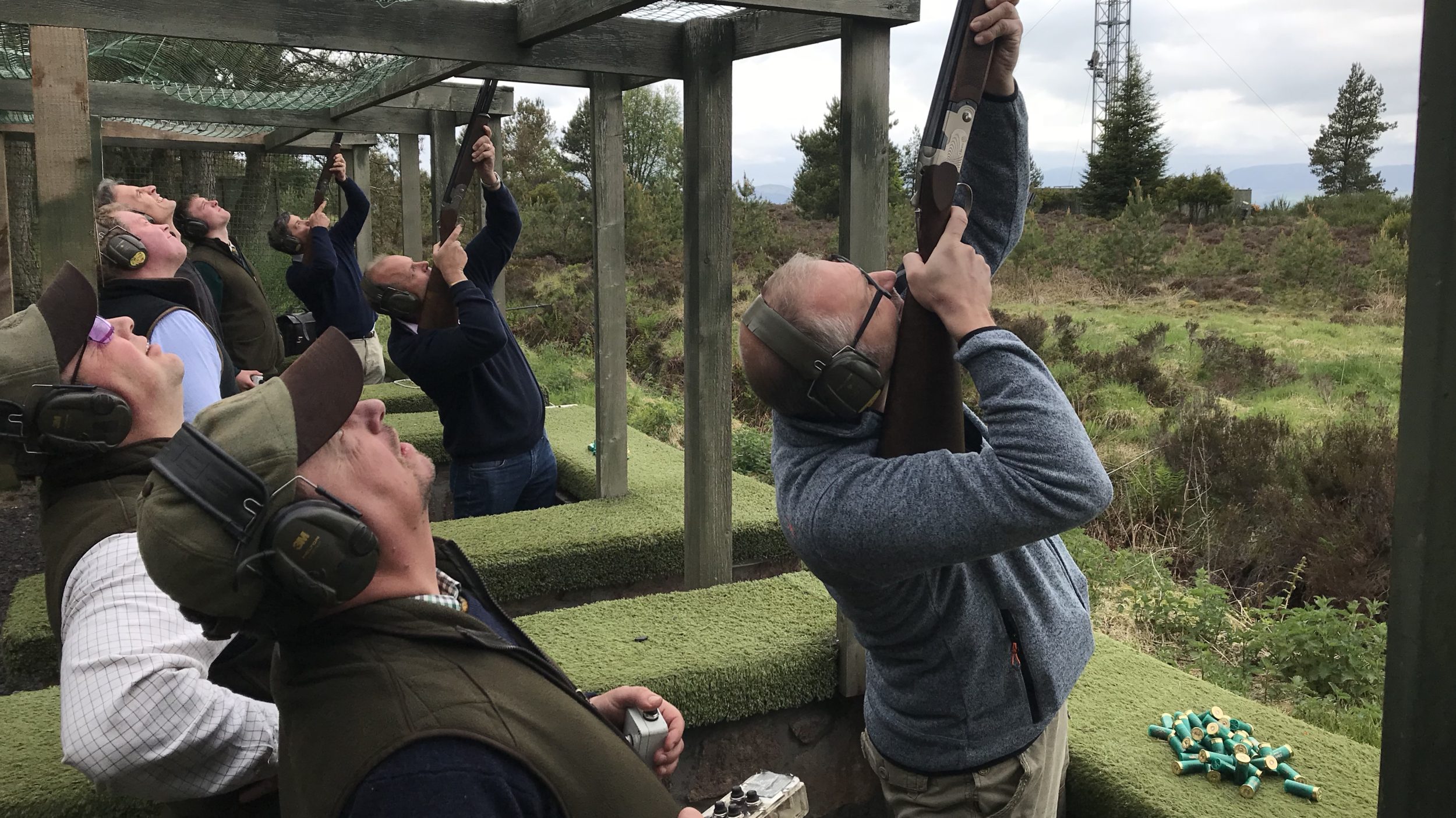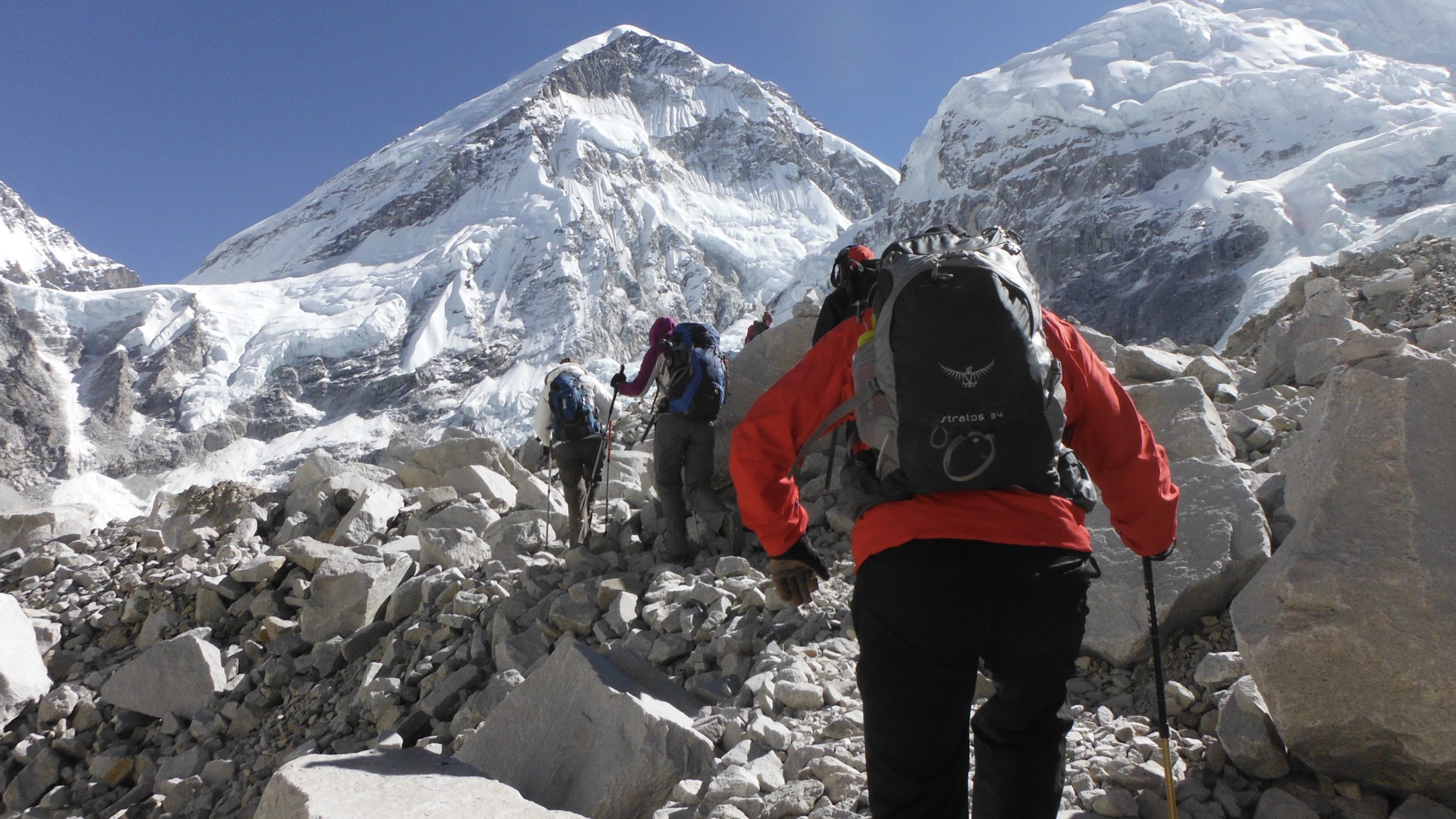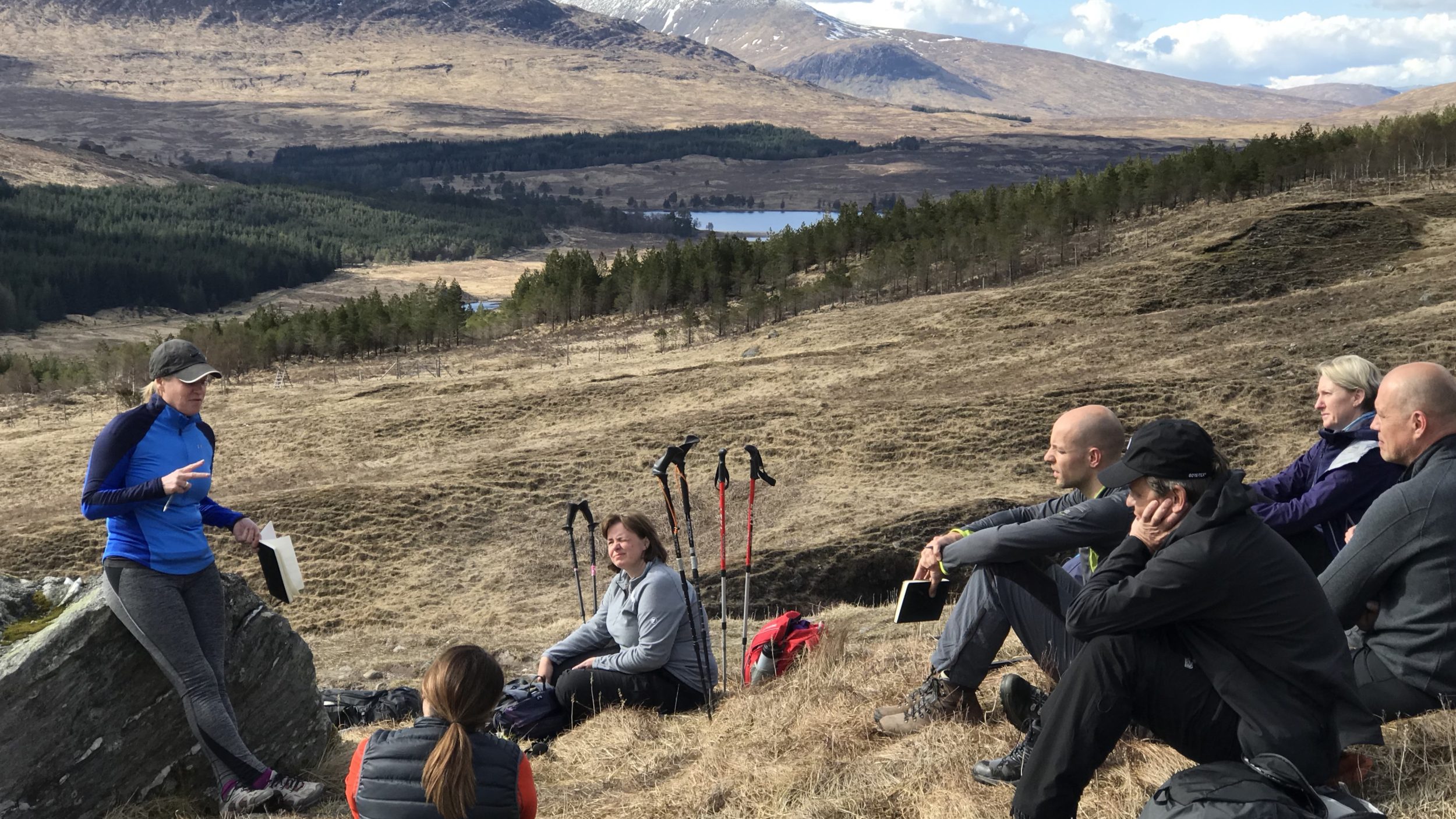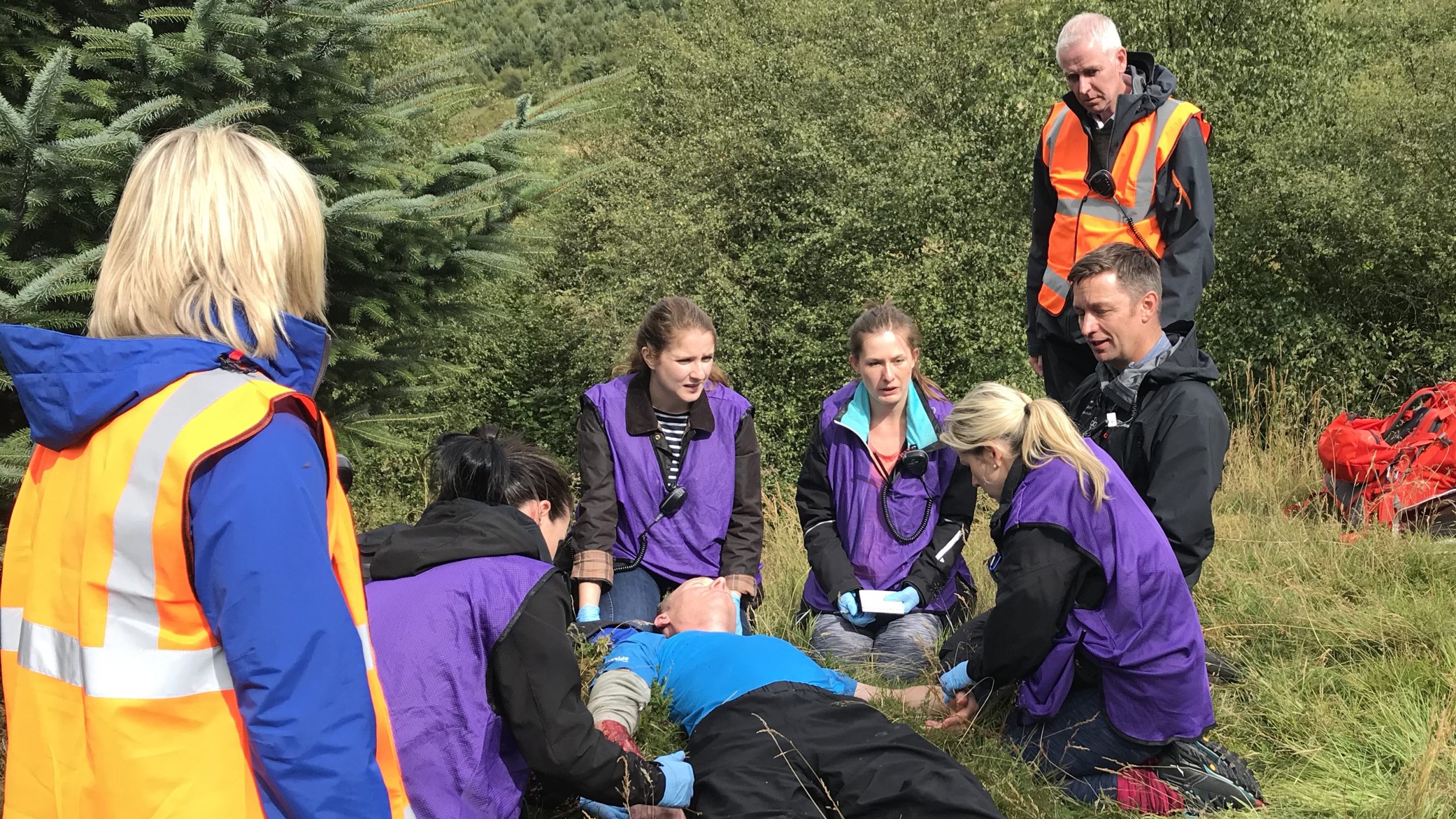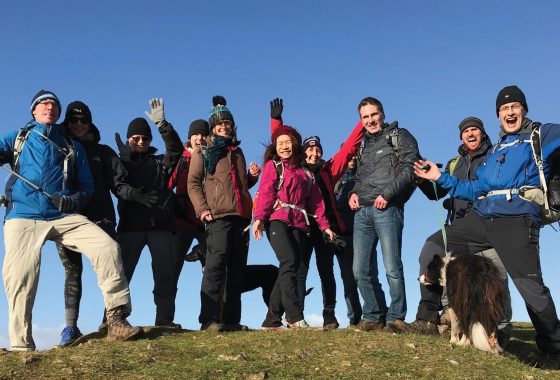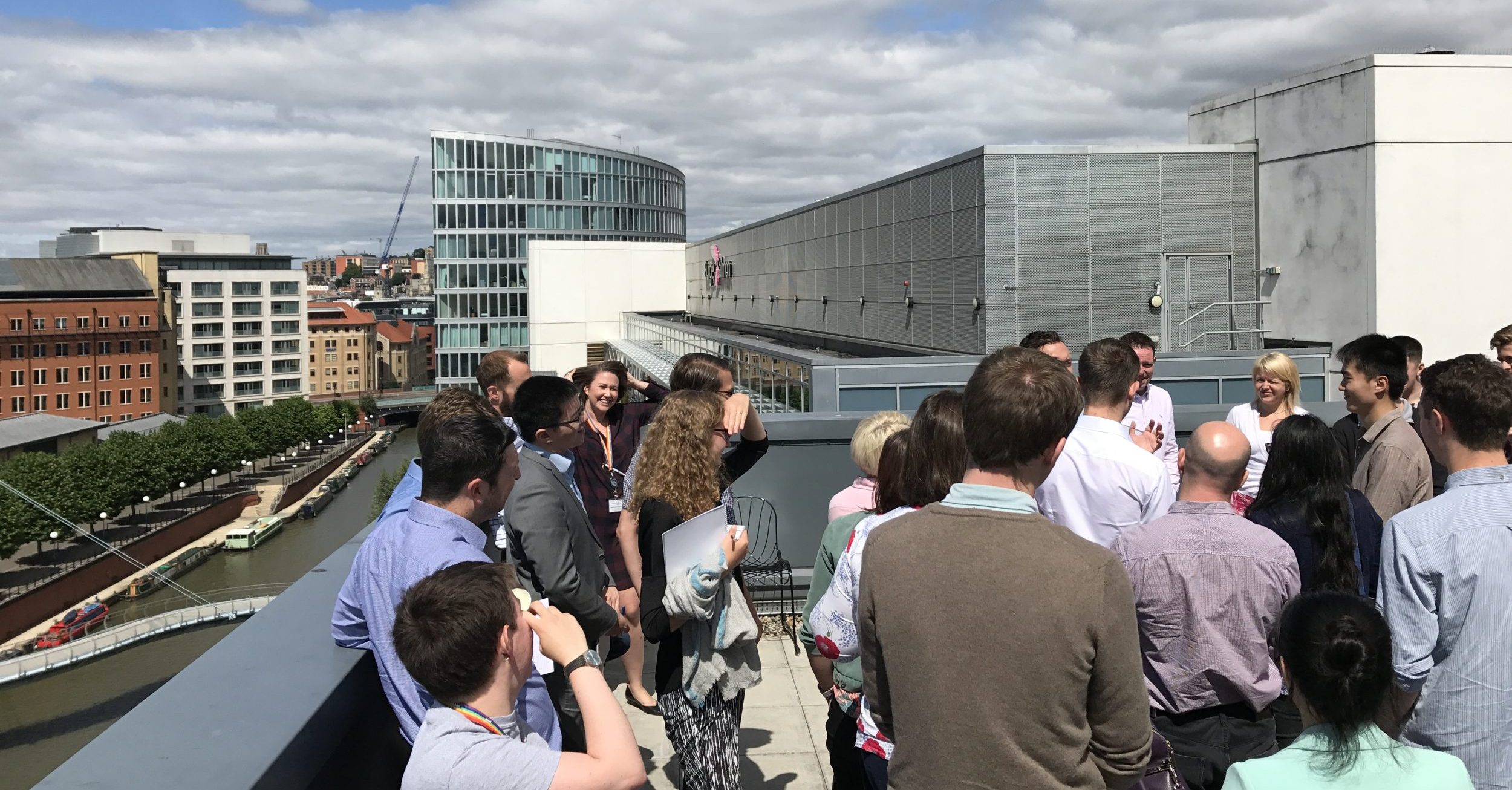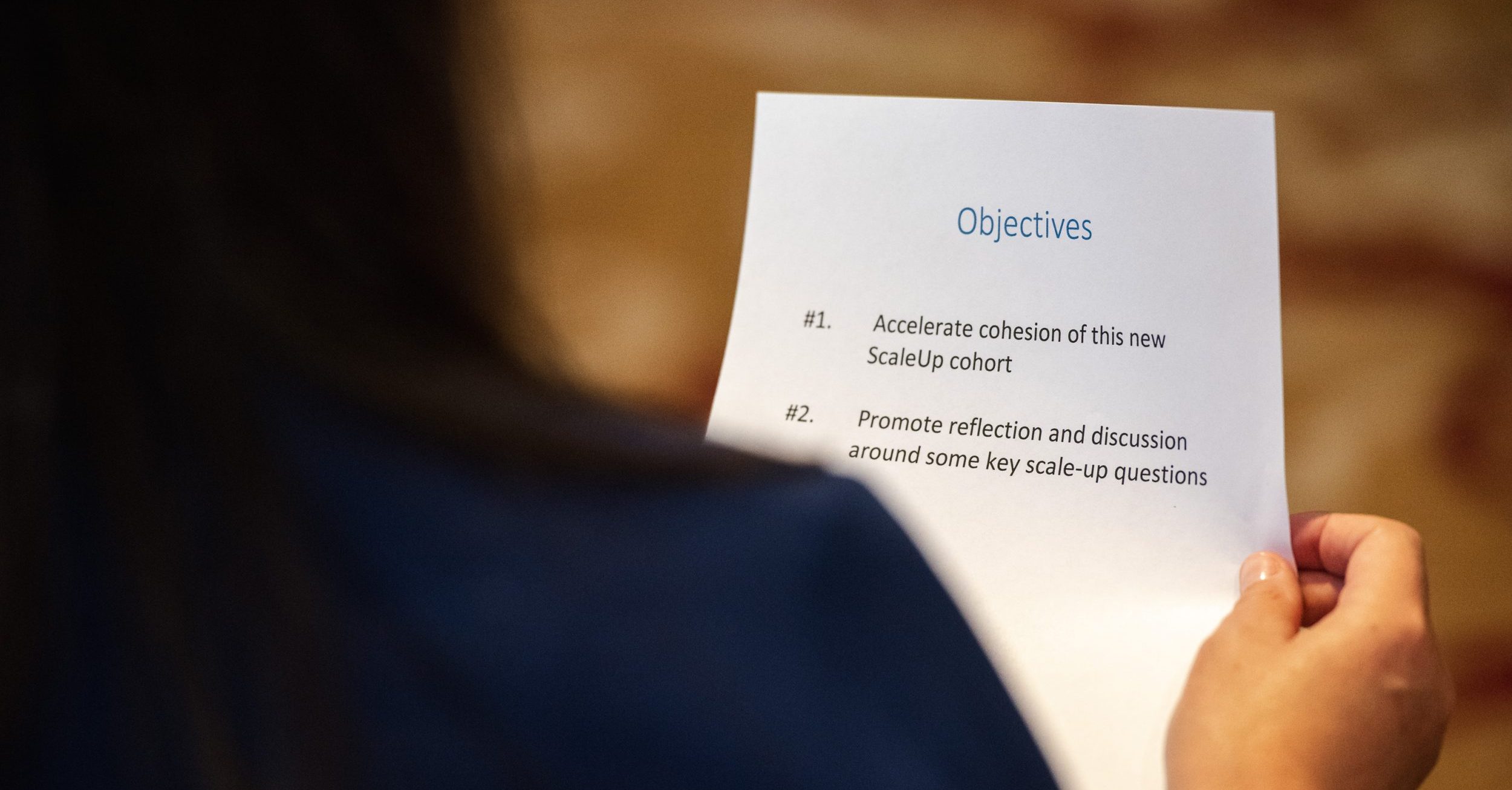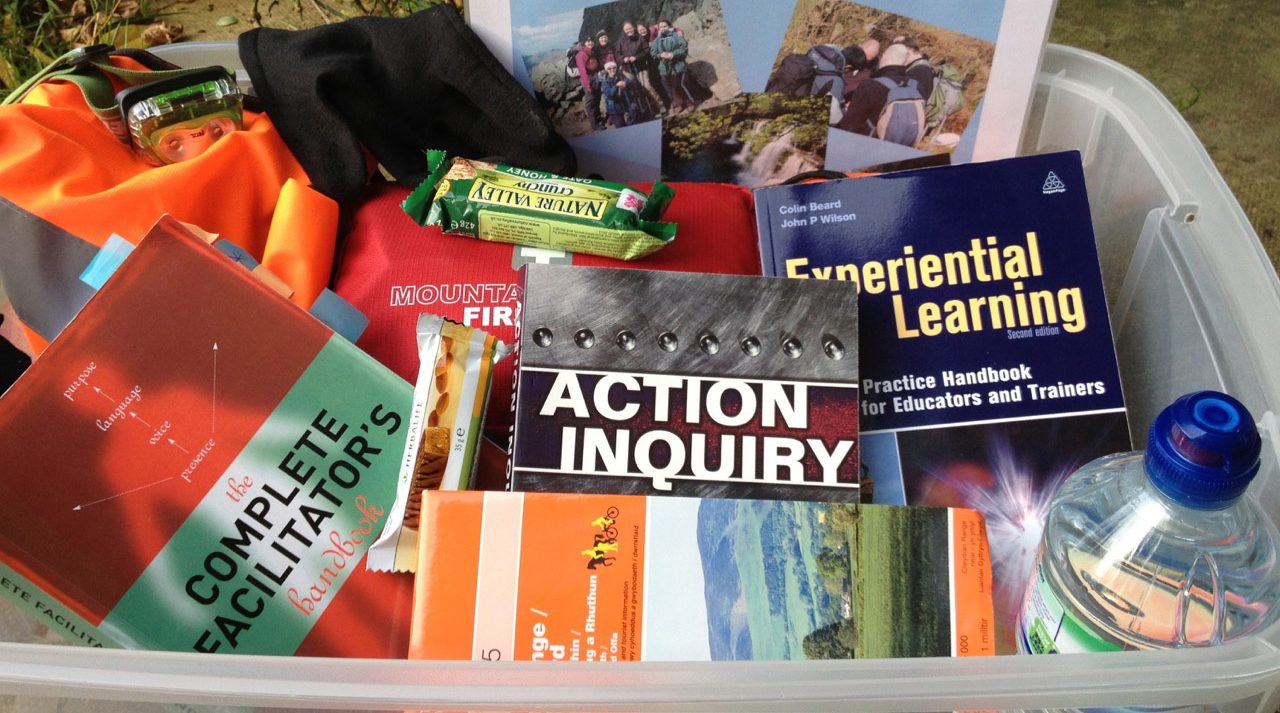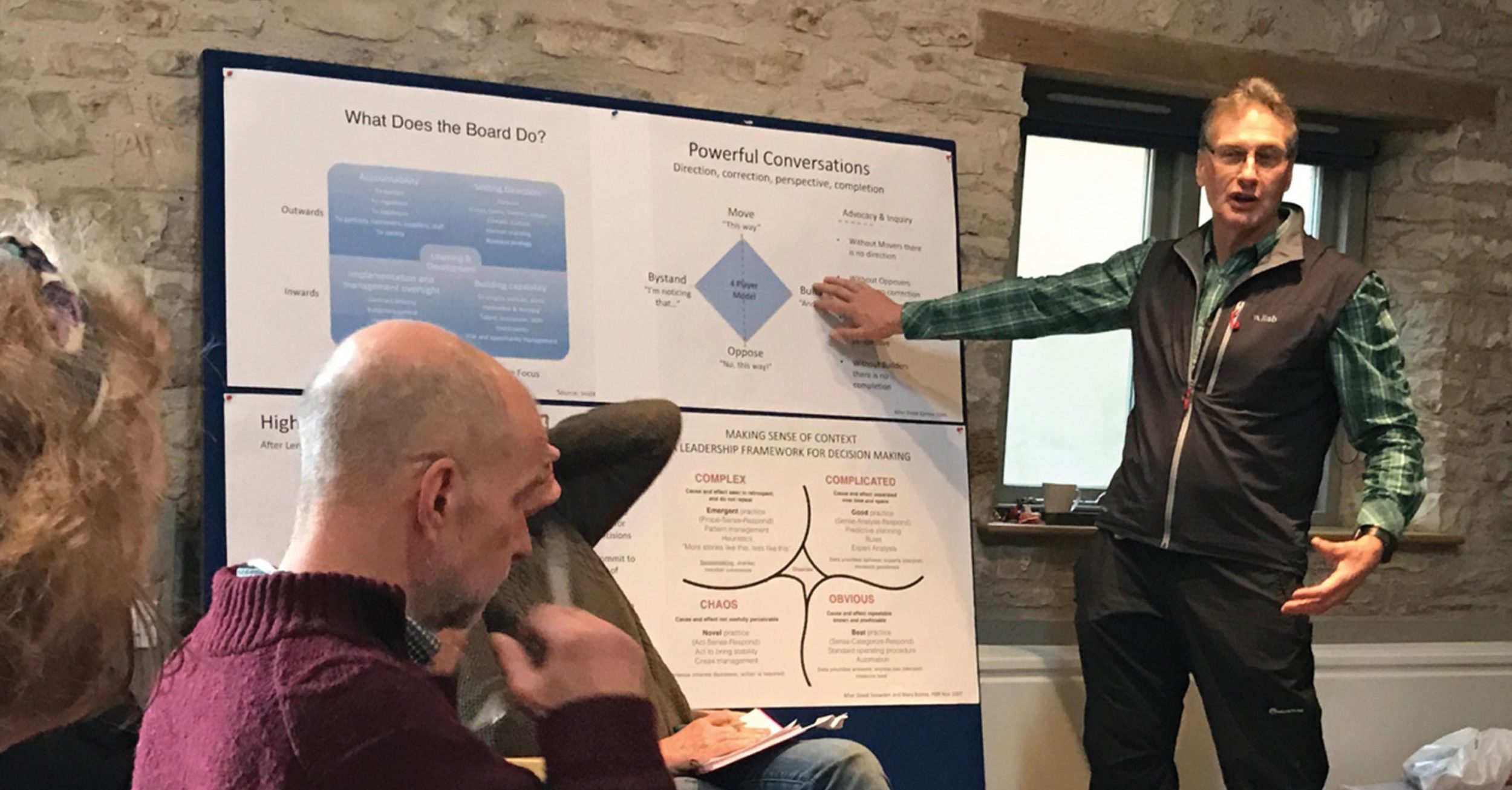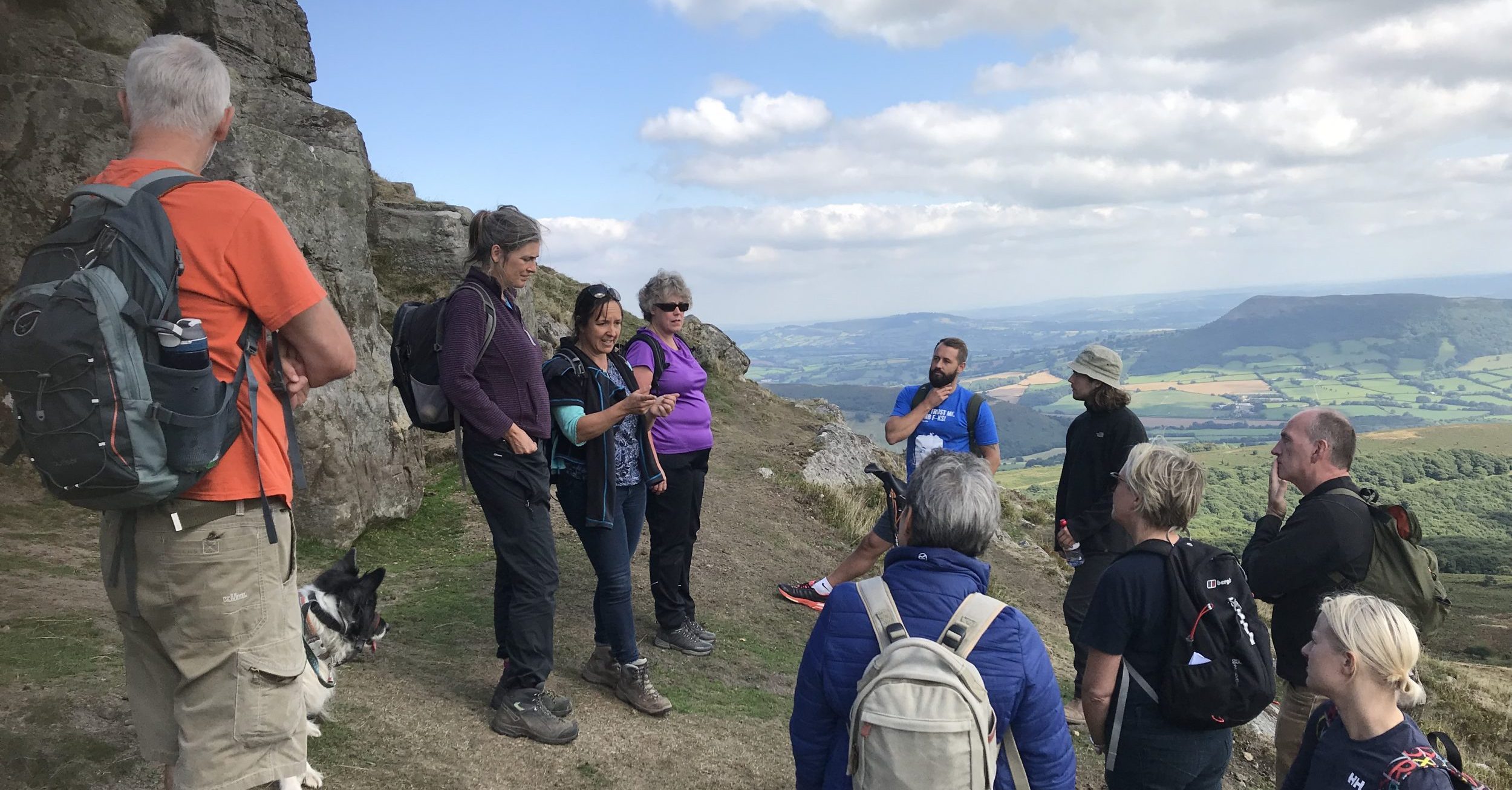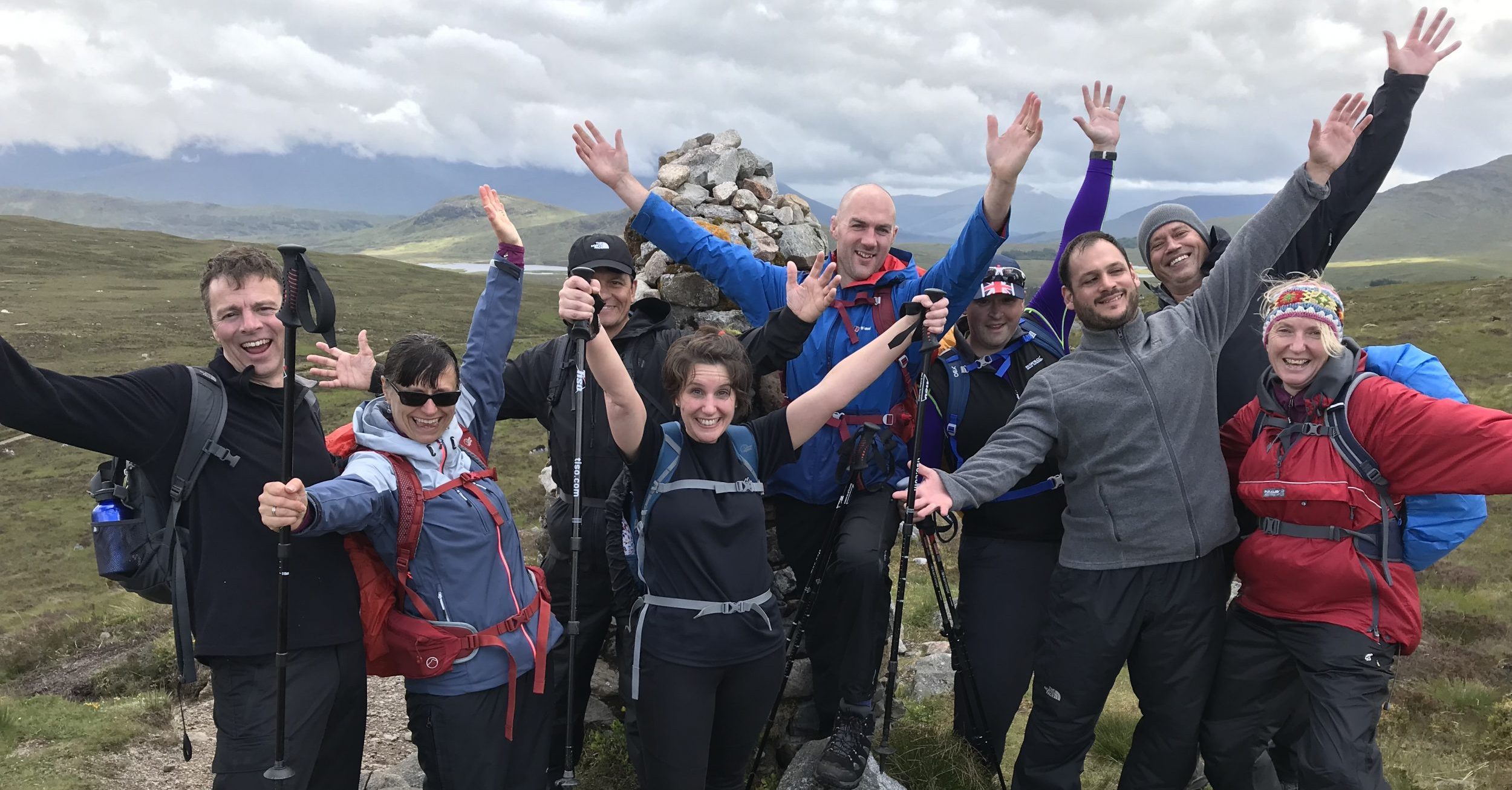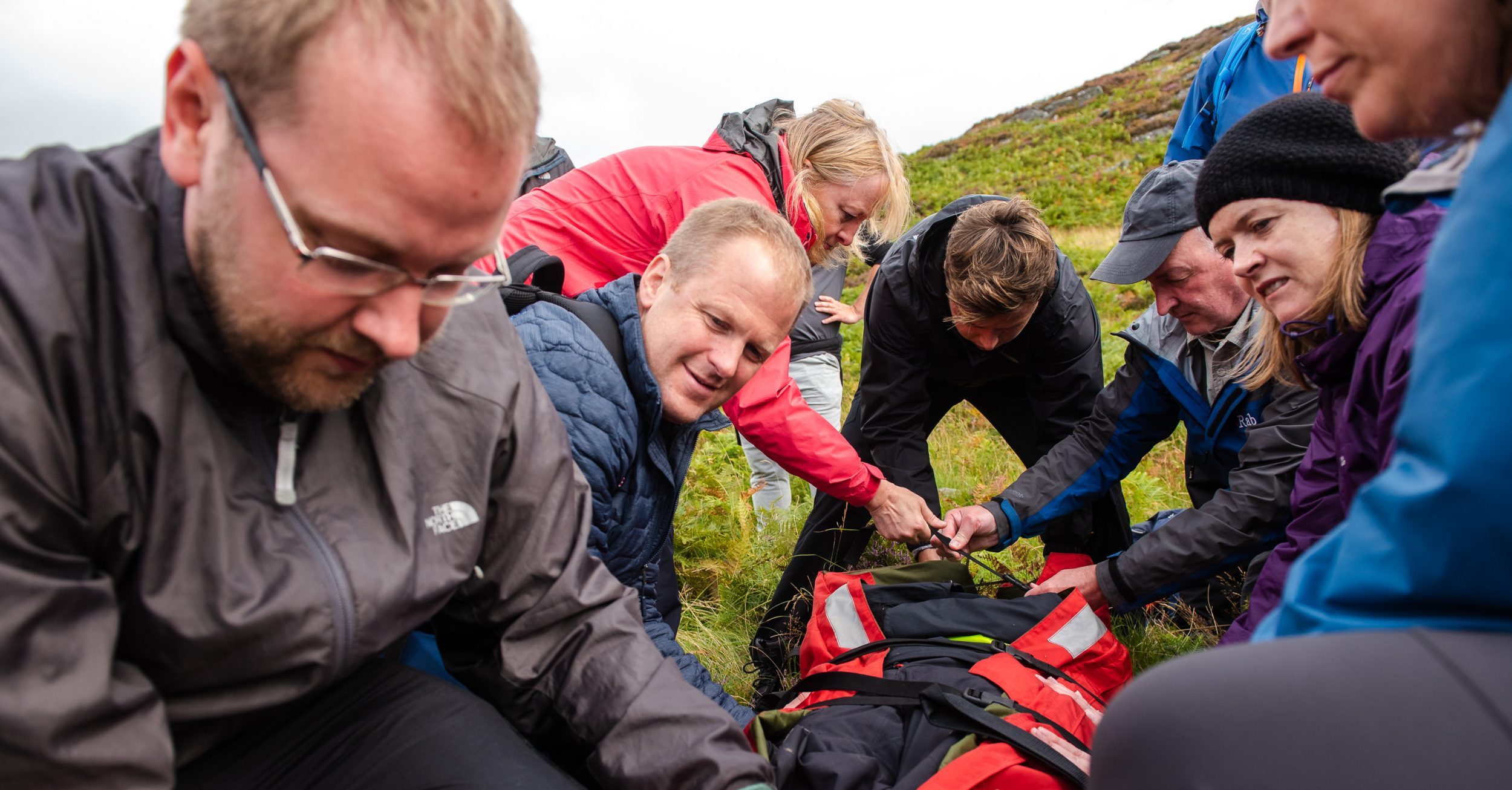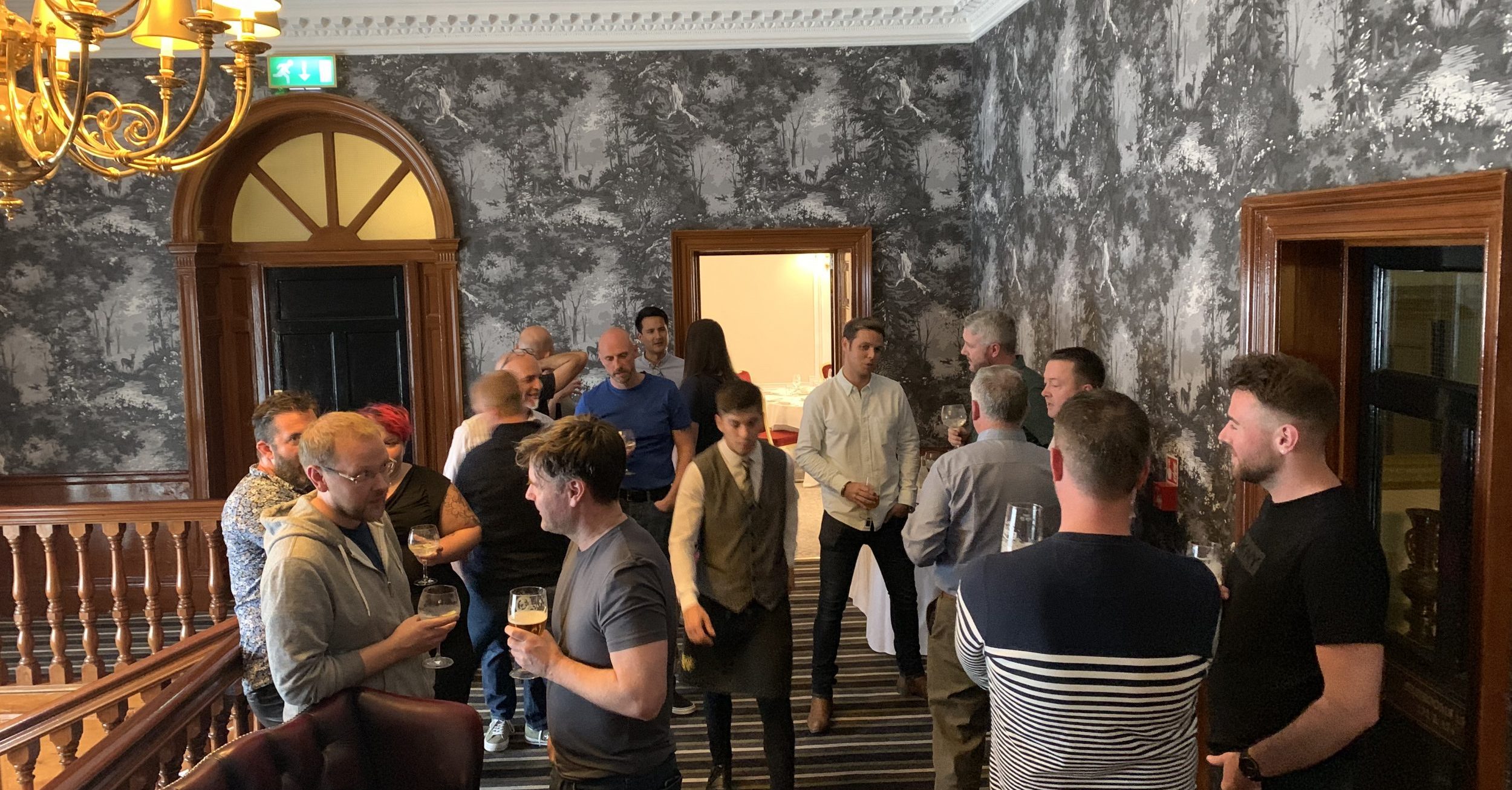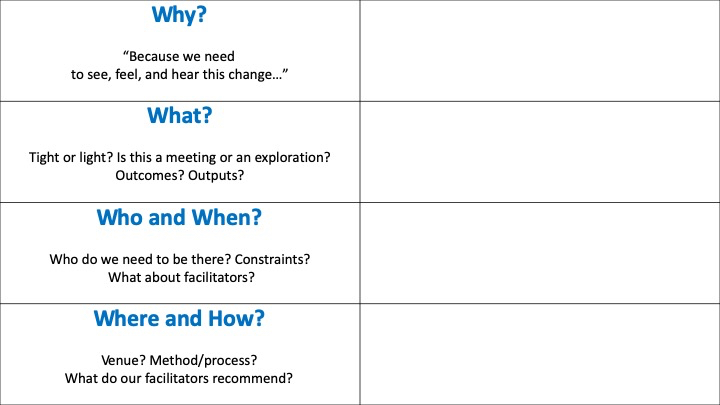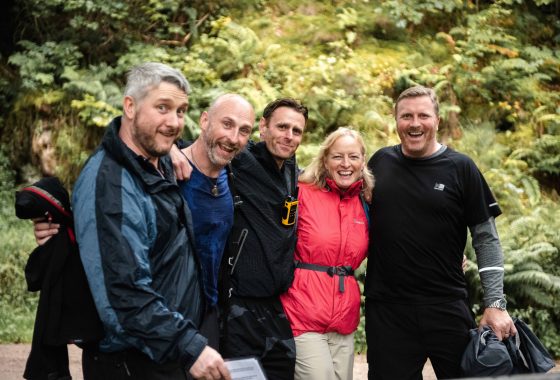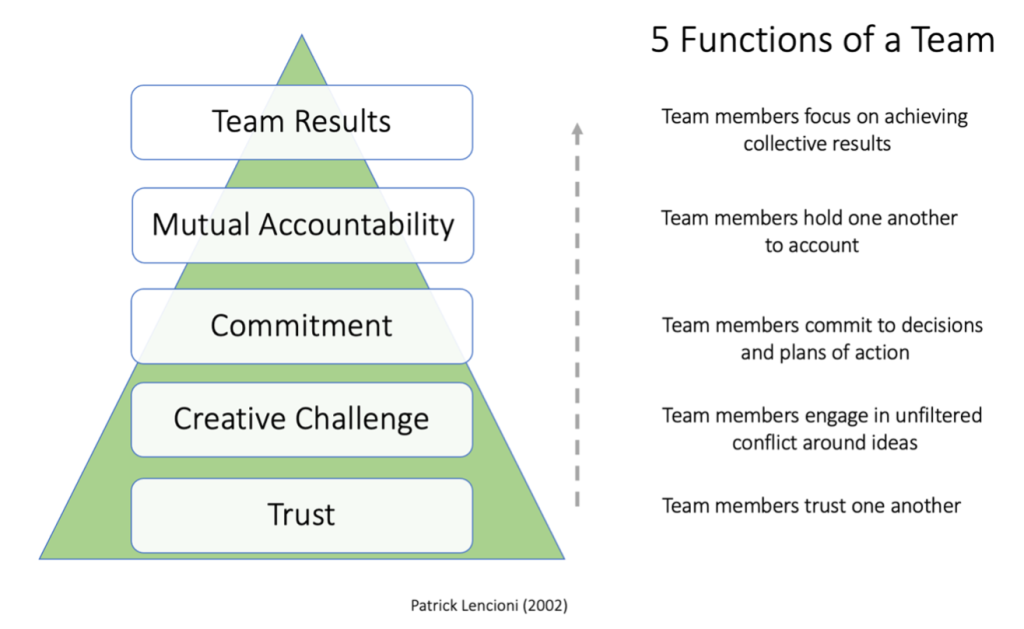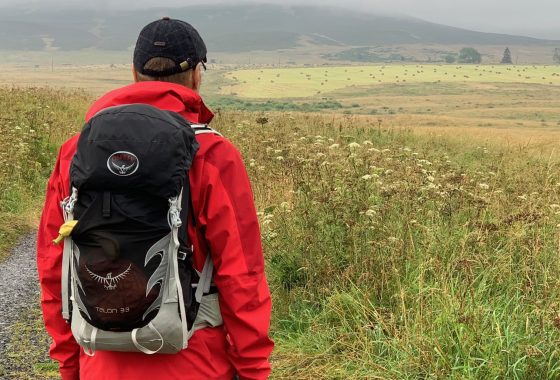Fear of failure is a pretty normal feeling for many business leaders. You know the buck stops with you, so the fear of failure is strong and tangible. You live with it. Under normal circumstances you can probably manage it okay. It fuels adrenaline that fires you up and helps you lead, it helps you make decisions in the best interest of the business, it drives you towards building a better future.
But if the fear overwhelms you, your courage can evaporate and you can feel stuck. You may be feeling it right now. You may know of others who are feeling it too.
Maybe you are worried by shifts in customers’ buying habits. Maybe your competitors seem ahead of you in reshaping their offers and their operating models.
Nothing seems certain. And with this lack of certainty comes fear.
There is the fear of doing nothing. The fear of doing a new thing. The fear of failure. It’s the same as it ever was.
Here are some thoughts from business leaders we have supported over the years on how to manage and overcome fear.
These are real life strategies which emerged from a number of outdoor Team Walkshops. They feel enduringly applicable.
Symptoms and behaviours
We discussed the way fear manifested itself in everyday life, and these are the symptoms many of the CEOs and executives reported. People were surprised to see that what they thought of as an individual and personal response to fear of failure was in fact a common experience. Reassured too, to find that they were not alone in feeling and acting in these ways:
- Anxiety that manifested itself in worry, sleeplessness, tummy upsets etc.
- A reluctance to try new things, low self-belief around execution, a feeling they would be “judged”.
- Self-sabotage. Unconsciously putting obstacles in their own way. For example, being distracted by seemingly “higher priority” issues which were little more than low pay-off “good things to do”.
- The momentum-stalling pursuit of perfectionism, of getting all ducks perfectly in a row before taking action. A behaviour which ate up time and threatened to squander competitive advantage.
All in the mind
Our discussions threw up the following useful points.
As CEOs and executives, we get to define what we mean by “failure”. It is a mental construct which we can shape and play with.
Even if we are influenced by formative childhood experiences and traumatic events, community expectations and professional benchmarks, we are ultimately authors of our own stories.
We can therefore interpret “failure” as anything from a give-up death blow through a “market signal” to an opportunity for growth and learning. The latter is more likely if we understand what our core and enduring purpose is. Without such a rudder we are more likely to be tossed around in any storm.
Echoing this, one CEO remarked that young children are fearless and that we seem to learn fear as we grow up by being judged at home and at school. Fear is therefore like a learned response to external influences. If we can learn to focus internally on what makes us tick – and not others’ opinions – then we can operate in a truer, unencumbered way.
The resilience and growth mindset concept of “falling forward” or “falling upwards” struck a real chord with many. One CEO suggested that the word “failure” could more positively be replaced by “delayed success”, and another framed failure as a “learning event”.
Strategies
Here are the eight strategies CEOs and executives found effective in overcoming the fears that threatened to hold them back. Which one are you most drawn towards? Perhaps you can use more than one to create more objectivity and courage, and less bias and fear.
#1 Get scared!
All accepted that the feelings we have around “fear” are common, rather than necessarily natural, and in most cases are positive indicators that we are stretching, growing, and learning. So, embrace the feeling as a “good thing” rather than see it as a sign to stop, shrink, or give up.
One executive suggested that if we are not at least a little bit scared then we aren’t really trying hard enough!
#2 Do the numbers
How many times do you make a decision based on intuition? You are being guided by experience (maybe?) and bias (probably). Instead, think stuff through and write it down. Include other people. Mitigate against bias. Reflect on the potential outcomes of any move, estimate their value/cost, and assess their likelihood. For example, a high probability “fail” in a scenario could be at one chance in 10 and might cost £X. By contrast there might be a range of high probability positive outcomes returning between £5X and £10X.
#3 “What’s the worst…?”
Related to the above, is the question “what is the worst that could happen?” Really dig into this and just see how bad it really could be. Writing it down and assessing it in the cold light of day might change your perspective. Maybe some analysis will suggest that “the worst” isn’t really that bad at all.
#4 Baby steps
Break the big task down into more manageable chunks by taking incremental steps in the desired direction. These will create momentum without the paralysing fear of envisaging some huge leap costing loads of courage, effort, and money.
#5 Personification
Dig deep into the fear you are experiencing to find out “who” is sitting on your shoulder, whispering those negative, resolve-sapping words. Give the fear a name, make him/her small (“little Johnny”, “silly Sally” etc.) and dress him/her up in ridiculous clothes. Or maybe give the fear some space to say its piece, then put it in your pocket to shut it up.
#6 Perspective
Give the fear some tangible form (do this with your imagination, or even better use a real object) and drop it on the ground. Next, walk around it and consider it from different perspectives. At each point around the circle, look at the fear through the eyes of a different persona/stakeholder etc. This might sound a little bit woo-woo but it can work really well for some people.
#7 Planning
Planning (on a periodic basis) will help you develop flexibility and adaptability. So, when “Plan A” falters, you already have “Plan B” etc.. up your sleeve. As Eisenhower said, “In preparing for battle I have always found plans as useless, but planning is indispensable!”
#8 People
All of the above work best when you have others to share the thinking with, and to support and challenge you. Sharing your fears with people you trust can help diminish them (the fears, not the people!). Or give you the push you need to feel the fear and do it anyway.
Now what?
You are not alone if you’re feeling stuck and unsure of your next move. I hope these ideas have been helpful. Do give some of them a go and let me know how you get on.
At the Fresh Air Leadership Company we help leaders and teams figure out who they are and what it is to lead well in their worlds. In particular we help CEOs build the collective leadership capability of their senior teams.
So please also get in touch if you need help to think your way into a new relationship with “fear” and “failure” in order to achieve what you and colleagues have set out to do.
Best wishes,
Dave Stewart
Founder and Managing Director
Email: dave@freshairleadership.com
Mobile: +44 7776 15342



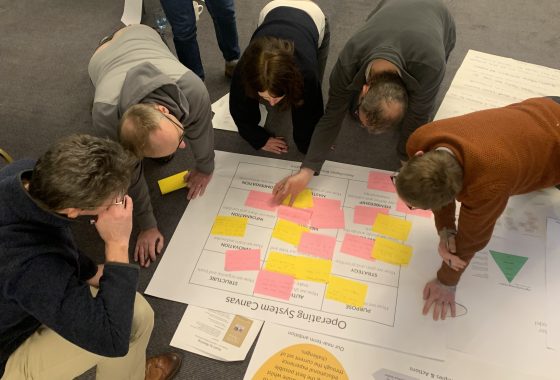
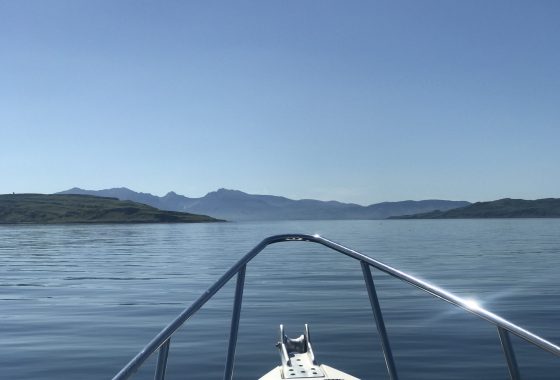








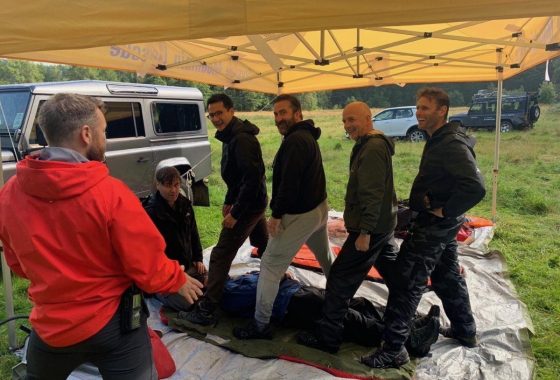
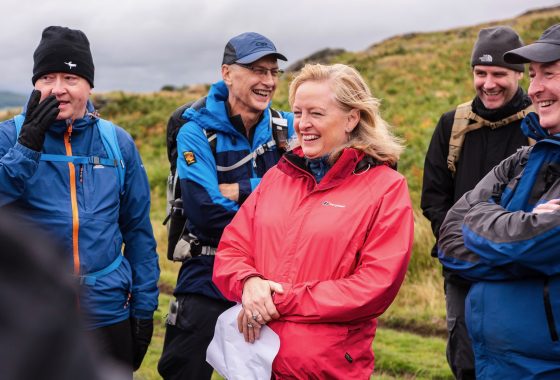


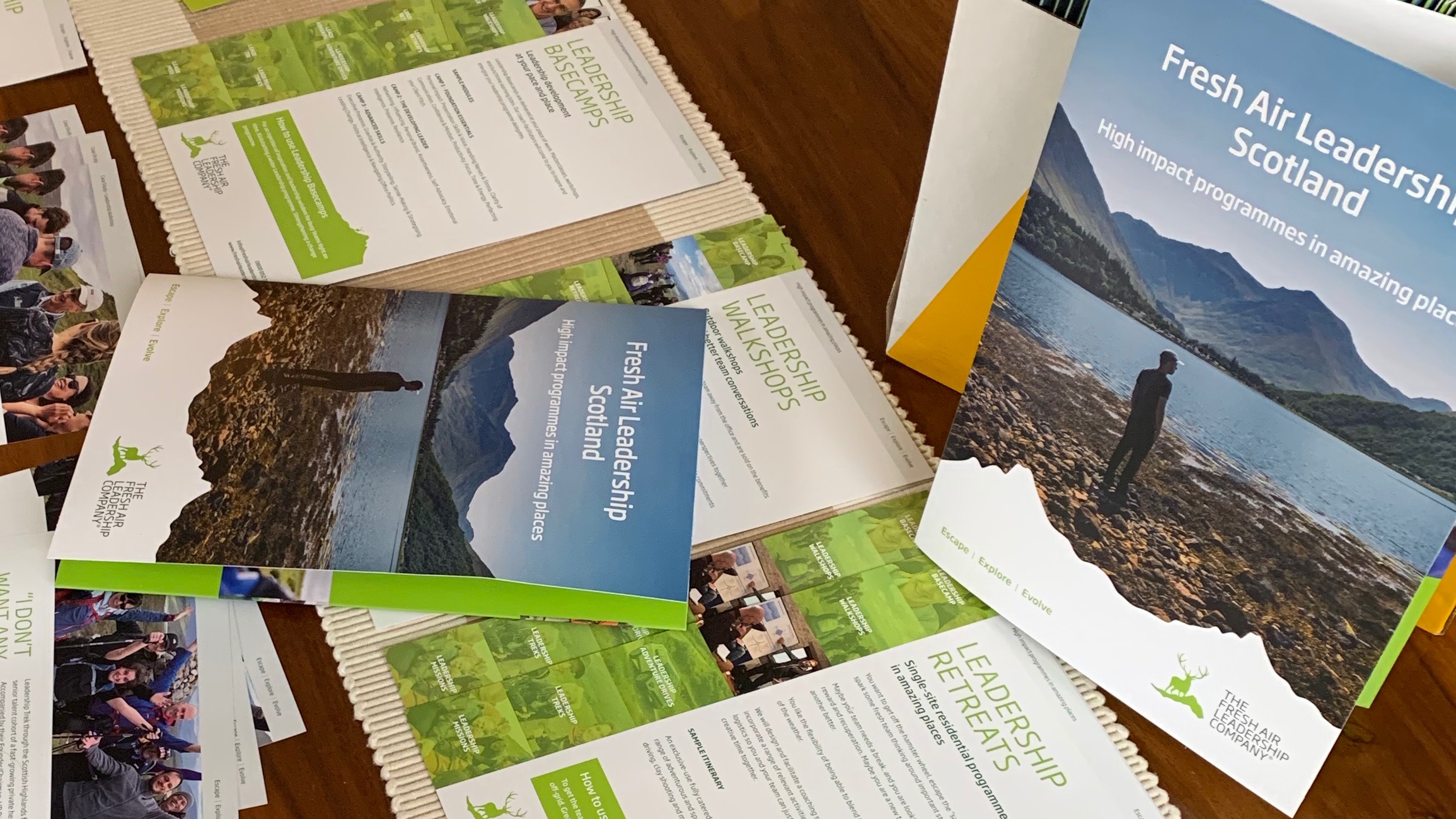
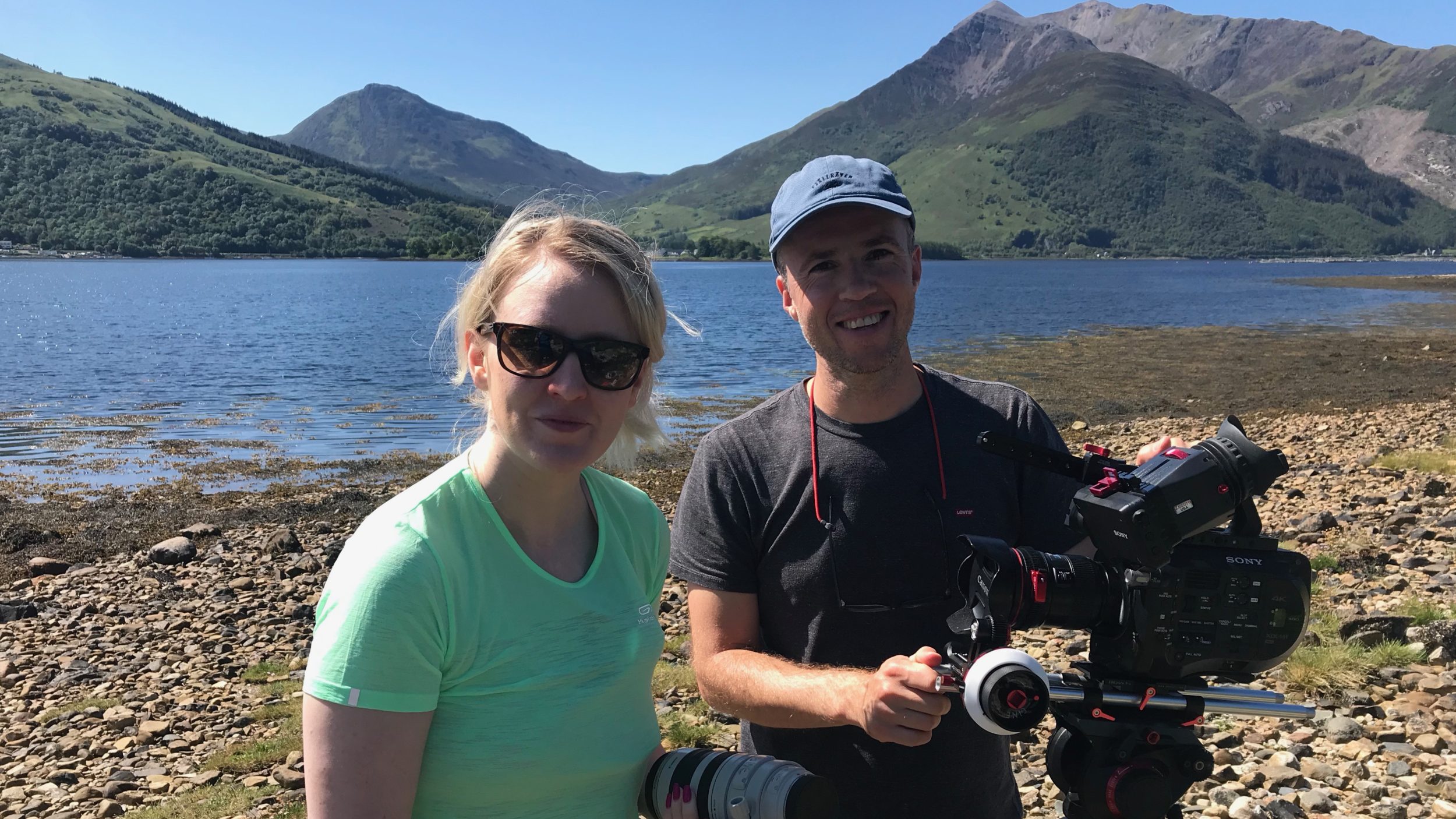 Bristol-based voice and impact coach
Bristol-based voice and impact coach 